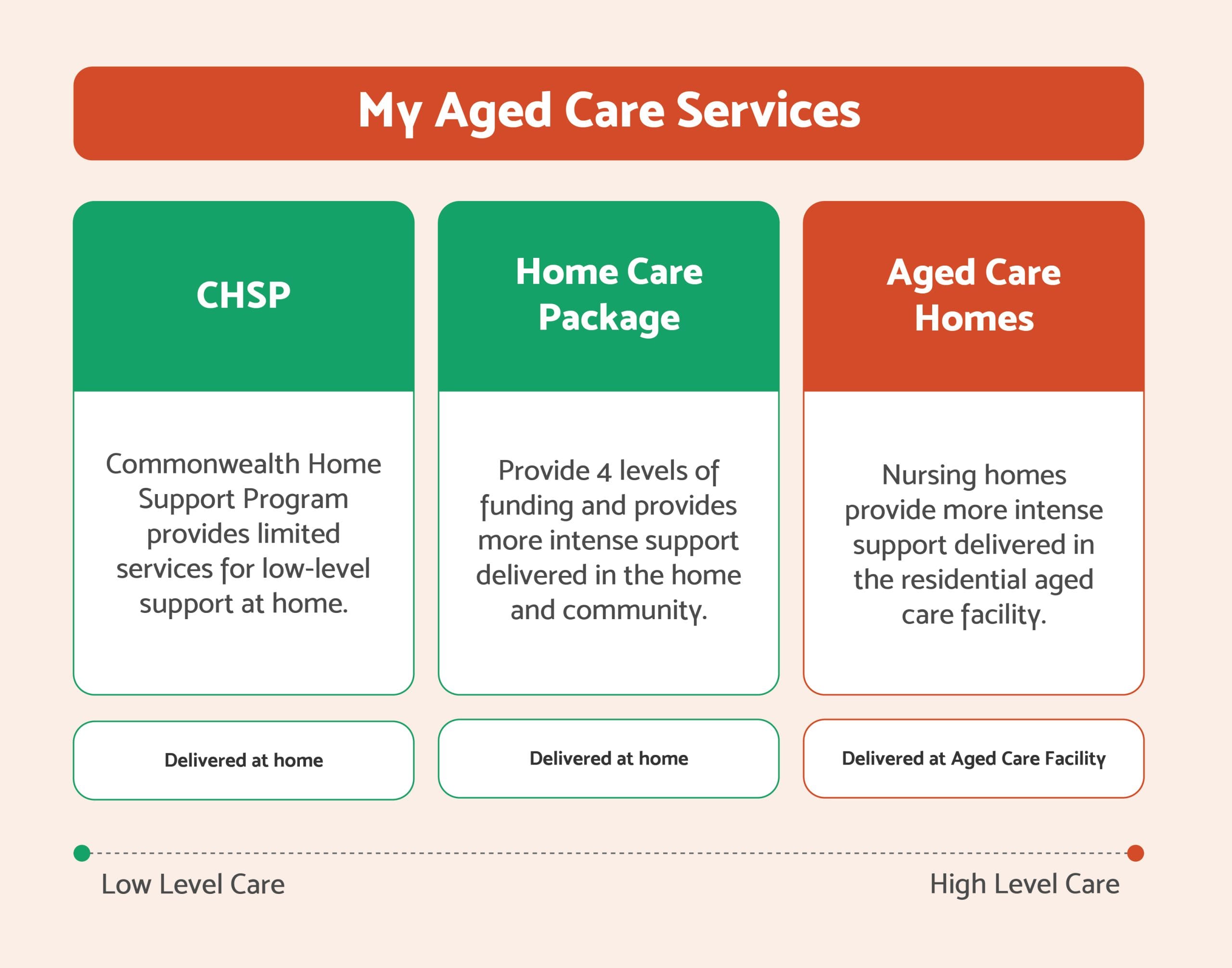How to assess whether your support at home provider meets NDIS standards
How to assess whether your support at home provider meets NDIS standards
Blog Article
Everything About Home Care Solutions for People With Disabilities: NDIS Registered Assistance
Home care solutions under the NDIS play a critical duty in supporting individuals with specials needs. These solutions are created to boost daily living through tailored assistance, varying from personal like flexibility assistance. Recognizing how to navigate these alternatives can be complicated. This overview discovers the different elements of NDIS home treatment, from offered services to the choice of companies, highlighting important considerations for those looking for assistance. The journey towards empowered treatment starts right here.
Understanding the NDIS and Its Purpose
The National Special Needs Insurance System (NDIS) acts as a transformative structure designed to offer support and solutions for people with impairments. Developed to improve the lifestyle and warranty fair accessibility to vital sources, the NDIS equips participants by supplying customized plans tailored to their unique needs. It intends to promote freedom, enabling people to seek their individual objectives and aspirations.Through a structured method, the NDIS assigns funding for various supports, including education, work aid, and neighborhood involvement. This all-inclusive system not just concentrates on immediate treatment but also highlights long-lasting developing end results. By advertising selection and control, the NDIS urges individuals to pick their preferred provider, guaranteeing that treatment straightens with their values and preferences. Inevitably, the NDIS stands for a significant commitment to boosting the lives of individuals with disabilities, fostering inclusivity, and developing a much more supportive society.
Types of Home Care Provider Available
Different sorts of home treatment solutions satisfy people with disabilities, largely concentrating on individual care aid and break treatment options. Personal care aid gives essential assistance with daily activities, while reprieve care offers temporary alleviation for primary caretakers. Understanding these solutions is essential for making certain the health of both individuals with handicaps and their family members.
Personal Care Aid
While maneuvering life can provide obstacles for individuals with disabilities, personal care help offers important assistance customized to their special needs. This kind of home care solution includes a series of activities created to advertise independence and enhance lifestyle. Individual treatment assistants aid with day-to-day tasks such as bathing, clothing, grooming, and toileting, making certain individuals preserve personal hygiene and convenience. They might likewise aid with meal prep work, medicine administration, and mobility assistance. By offering customized care, these experts encourage individuals to involve even more totally in their day-to-day regimens and social activities. Generally, personal care support plays a substantial function in fostering dignity and autonomy for those with disabilities, allowing them to thrive in their home environment.

Break Treatment Options
Reprieve treatment acts as a crucial resource for households and caregivers of people with disabilities, supplying momentary remedy for the demands of daily caregiving. This kind of service can take various types, consisting of at home reprieve treatment, where skilled experts go to the home to help with care tasks. Conversely, family members might select facility-based break treatment, where people get care in a specialized setting, permitting caregivers to relax. In addition, some companies use emergency situation respite services for unanticipated circumstances. These choices not only aid reduce caretaker tension however likewise advertise the wellness of people with handicaps by offering them brand-new experiences and social interaction. On the whole, break treatment plays an essential duty in sustaining both caregivers and those they care for.

Just How to Accessibility NDIS Home Treatment Providers
Accessing NDIS home care services entails comprehending the eligibility standards set forth by the National Impairment Insurance System. People must browse a structured application process to safeguard the essential support customized to their demands. This area will clear up both the eligibility requirements and the steps associated with looking for services.
Qualification Requirements Described
To get approved for NDIS home care services, people should fulfill details eligibility criteria that analyze their requirements and circumstances. Candidates should be matured between 7 and 65 years and have a substantial and permanent impairment that impacts their capacity to perform everyday tasks. In addition, they have to be an Australian citizen, a copyright, or hold a Protected Unique Classification Visa. The NDIS needs evidence of the impairment, generally through medical analyses or records. Moreover, individuals should demonstrate that they require assistance to take part in economic and social life. These standards assure that solutions are guided towards those who genuinely need assistance, promoting self-reliance and improved lifestyle for people with specials needs.
Application Process Actions
Can I Select My Own Assistance Workers With NDIS?
The private made inquiries whether they could choose their very own support employees under the NDIS structure. Usually, individuals have the adaptability to choose assistance employees, cultivating individualized treatment that aligns with their specific requirements and preferences.
What Occurs if My Requirements Modification After Getting Assistance?
They need to communicate these changes to their solution company if an individual's needs change after getting assistance. Modifications can be made to the treatment plan, making sure that the support stays relevant and efficient for their scenarios.

Exist Limits on The Amount Of Hours of Treatment I Can Receive?
The private asked about possible limitations on the variety of treatment hours obtained. Generally, such limits may exist based on details plans or moneying setups, highlighting the significance of assessing standards and agreements consistently.
Can I Use NDIS Funding for Home Alterations?
The inquiry of utilizing funding for home adjustments occurs often. Normally, people might utilize NDIS funding for essential modifications to their homes, making certain accessibility and safety and security, contingent upon conference specific eligibility standards and guidelines.
Just how Do I Deal with Complaints Concerning My Home Treatment Services?
To attend to problems about home treatment solutions, individuals should initially document their issues. They can connect straight with their solution company, looking for resolution, or rise the problem to pertinent oversight bodies if necessary. see post Home care services under the NDIS play a pivotal role in supporting individuals with disabilities. Numerous types of home care services provide to people with disabilities, mostly concentrating on individual care support and break care options. support at home provider. Individual care support supplies necessary assistance with daily activities, while respite treatment provides temporary alleviation for primary caretakers. Family members might decide for facility-based respite treatment, where individuals get treatment in a specialized environment, enabling caretakers to take a break. How can families successfully handle the financial facets of home care services for individuals with impairments?
Report this page